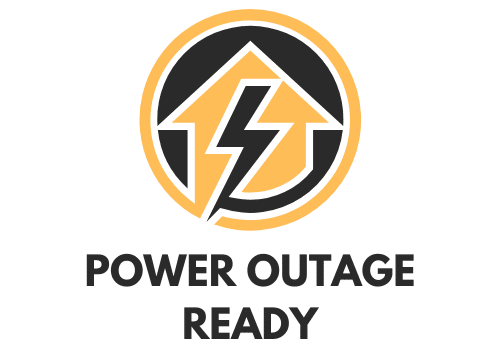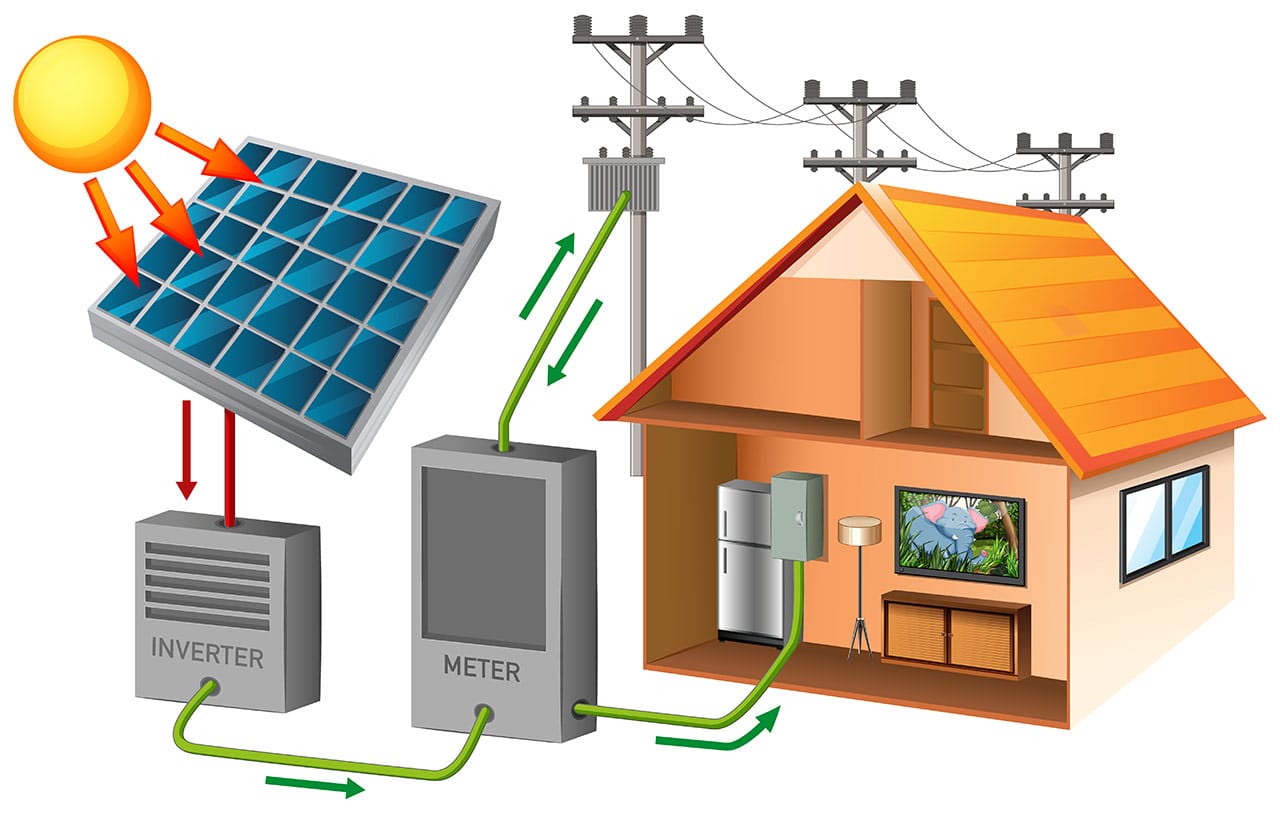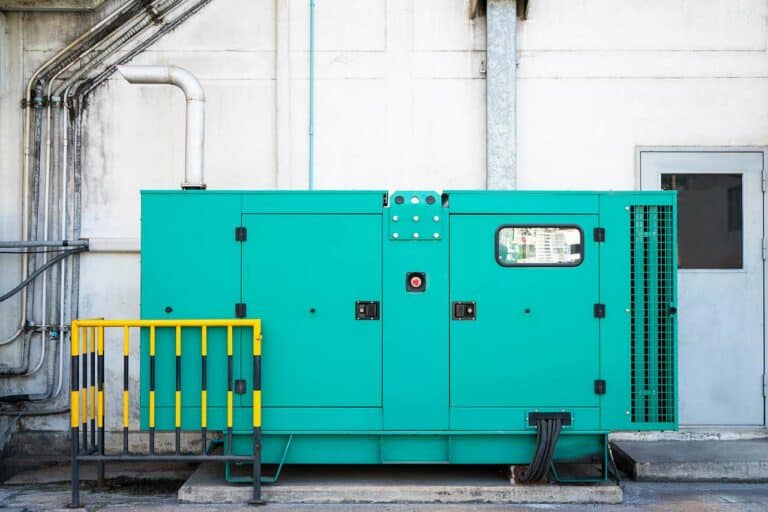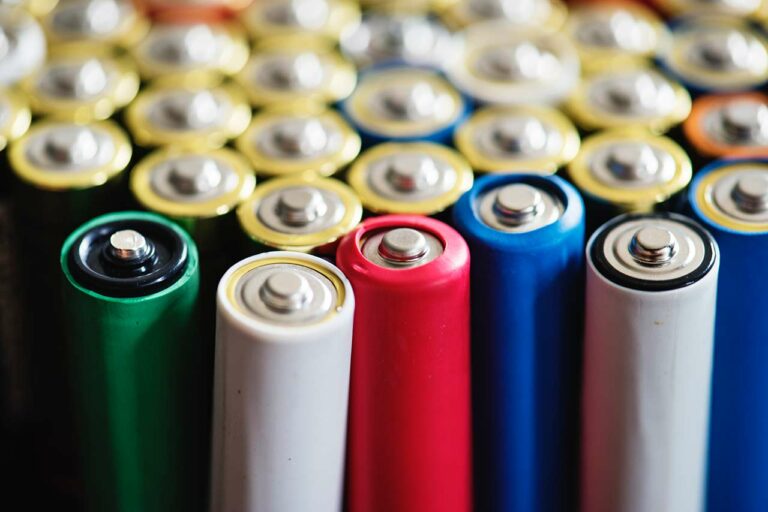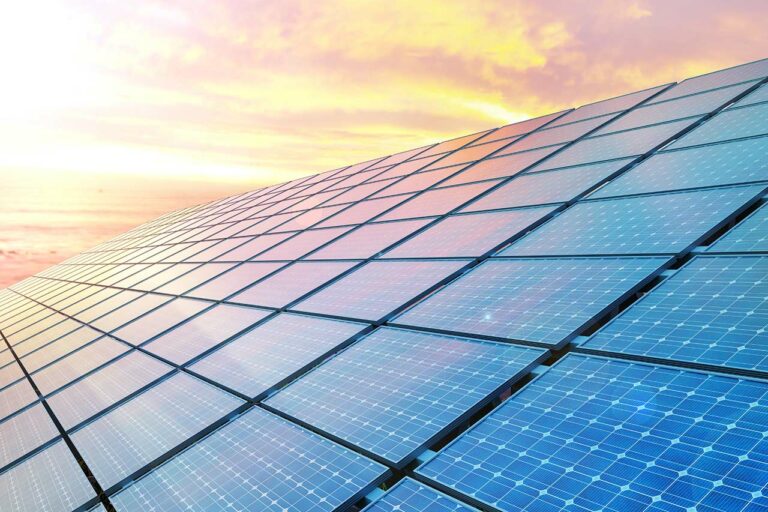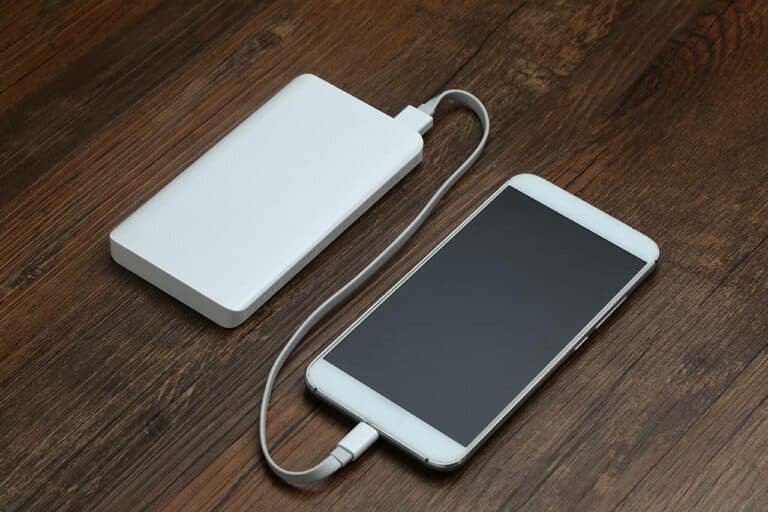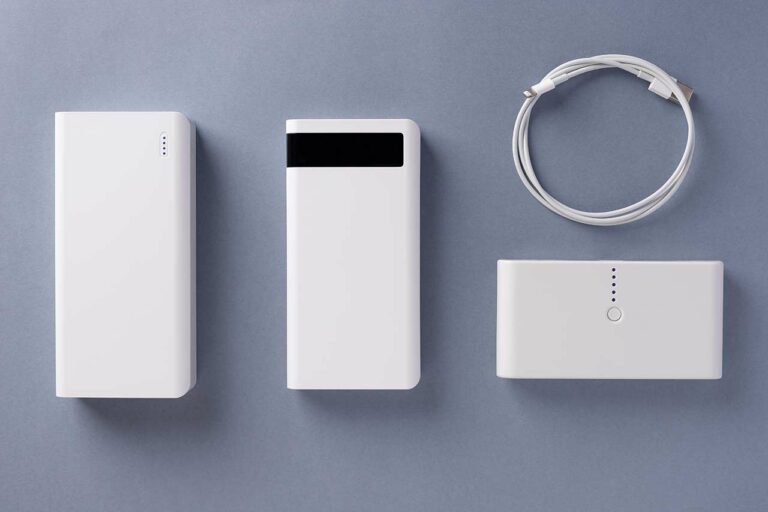How Long Does a Solar Whole House Generator Run? (Emergency Guide)
Solar generators have become increasingly popular as eco-friendly alternatives to traditional fossil fuel generators. Offering clean energy to power your whole house, you might wonder just how long these solar generators can run. The answer depends on various factors such as the size and battery capacity of the solar generator, as well as your household’s average electricity consumption.
Calculating Solar Generator Runtime
To figure out how long your solar whole house generator will run, you’ll first need to estimate your average electricity usage. A good way to do this is by checking your monthly electricity bills, preferably over the course of a year, to get a more accurate idea of your power needs. Once you know your consumption, you can better assess what size solar generator you need to efficiently power your entire home, and thus, better anticipate its run time.
Keep in mind that the lifespan and efficiency of a solar generator’s battery will also affect its run time. For instance, advanced lithium iron phosphate (LiFePO4) batteries found in some solar generators have a lifespan of around 6,500 cycles before their storage efficiency begins to diminish. This means that for this type of generator, you can expect years of reliable performance before noticing any significant reduction in run time.
Features and Considerations of Solar Generators
Factors Affecting Runtime
There are several factors affecting the runtime of solar generators; these include the energy consumption rate of your appliances, the power output of the solar panel, and the sun exposure. Keep in mind that the generator runtime will depend on the power capacity, sunlight available, and efficiency of the system.
Maintenance and Lifespan
Like any other mechanical or electrical device, solar generators need regular maintenance to ensure optimal performance and a longer lifespan. Proper care and inspections are important to avoid breakdowns.
Batteries, one of the key components of solar generators, have a cycle life which refers to the number of charges and discharges before their performance deteriorates. To extend the lifespan of your solar generator, keep your batteries within their recommended operating temperature range and monitor their State of Charge (SOC).
Storage Capacity
The storage capacity of your solar generator is crucial to meet your energy consumption requirements. Measured in watt-hours (Wh) or kilowatt-hours (kWh), it determines how long the generator can provide power without needing a recharge. The battery storage capacity should always match your electricity consumption, so it’s important to consider the running wattage of your appliances and calculate the total energy consumption for your household before choosing a generator.
Types of Batteries
Different battery types offer varying levels of performance and durability as well. Common types of batteries found in solar generators are:
- Lithium-ion batteries: With high energy density and long service life, these batteries provide excellent performance. However, they tend to be pricier and require careful management.
- LiFePo4 batteries: Known for their long lifespan, high energy density, and safety features, these batteries are often found in high-end solar generators.
- Lead-Acid batteries: These batteries are cheaper and more widely available, but they have a shorter lifespan and lower energy density compared to lithium-ion batteries.
Consider the pros and cons of each battery type before choosing a solar generator based on your needs and budget.
Efficiency and Portability
The efficiency of a solar generator depends on its power output, the conversion efficiency of the solar panel, and the efficiency of the storage system. Higher efficiency results in more power generation and less dependence on external energy sources.
Portability is another important aspect of solar generators. Smaller power stations with around 1000Wh of storage or less typically weigh under 30 lbs, making them easy to transport and store. Portable solar generators can be a valuable backup power source for off-grid situations, emergencies, and outdoor activities.
However, due to their smaller storage size, they generally don’t run as long as larger generators once the sun is gone.
Solar Generators Vs. Gas and Diesel Generators Run-time
Solar Vs. Gas Generators
Solar generators have the advantage of running as long as there’s daylight, harnessing clean and green energy from the sun. This makes them an eco-friendly option compared to gas generators.
Gas generators have a limited run-time depending on the size of their fuel tanks. Typically, you can expect 6 to 10 hours of runtime from gas generators, while solar generators can run throughout the day, as long as they’re exposed to sunlight.
Of course, the downside of solar generators is that their performance decreases during cloudy or rainy days, and they don’t provide power at night unless battery storage is available. Gas generators can supply power at any time, regardless of the weather, but they emit greenhouse gases, contributing to environmental pollution.
Solar Vs. Diesel Generators
Diesel generators have a run-time similar to gas generators, normally 6 to 10 hours. However, diesel generators tend to be more fuel-efficient, meaning they can offer longer run times than gas generators with the same fuel tank size.
Like gas generators, the environmental impact of diesel generators is more significant than that of solar generators, as diesel engines emit higher levels of pollutants, such as NOx and particulate matter. In terms of maintenance, diesel generators require more frequent maintenance than solar generators, which have fewer moving parts and are generally low maintenance.
Solar Vs. Propane Generators
Propane generators use propane gas as a fuel source, stored in propane tanks. Their run-time depends on the size of the propane tank and can be a bit longer compared to gas or diesel generators. A propane generator might run up to 10 to 16 hours with a full tank.
Solar generators outperform propane generators in terms of eco-friendliness, as they rely on renewable energy and don’t emit harmful pollutants. However, like with gas and diesel generators, propane generators can provide power in any weather condition and at nighttime, while solar generators depend on sunlight to function.
So, Just How Long Does a Solar Generator Run?
A solar generator’s run time is influenced by various factors, including its battery capacity, efficiency, and the average energy consumption of your household.
On sunny days, with optimal conditions, solar generators can power your home throughout daylight hours.
During nighttime or cloudy days, the stored energy in its battery determines how long it will continue to provide power.
Given the advancements in solar technology and the eco-friendly nature of these generators, they present an excellent alternative to traditional gas, diesel, or propane generators. The key is to choose a solar generator tailored to your needs, ensuring you have a reliable energy source during any power outage.
